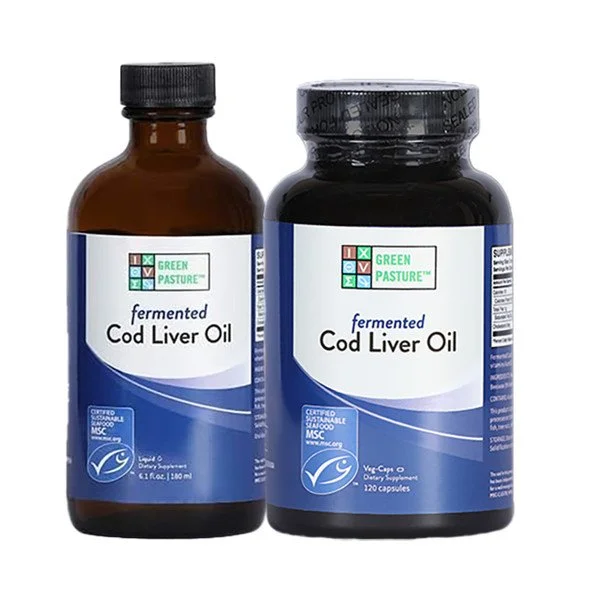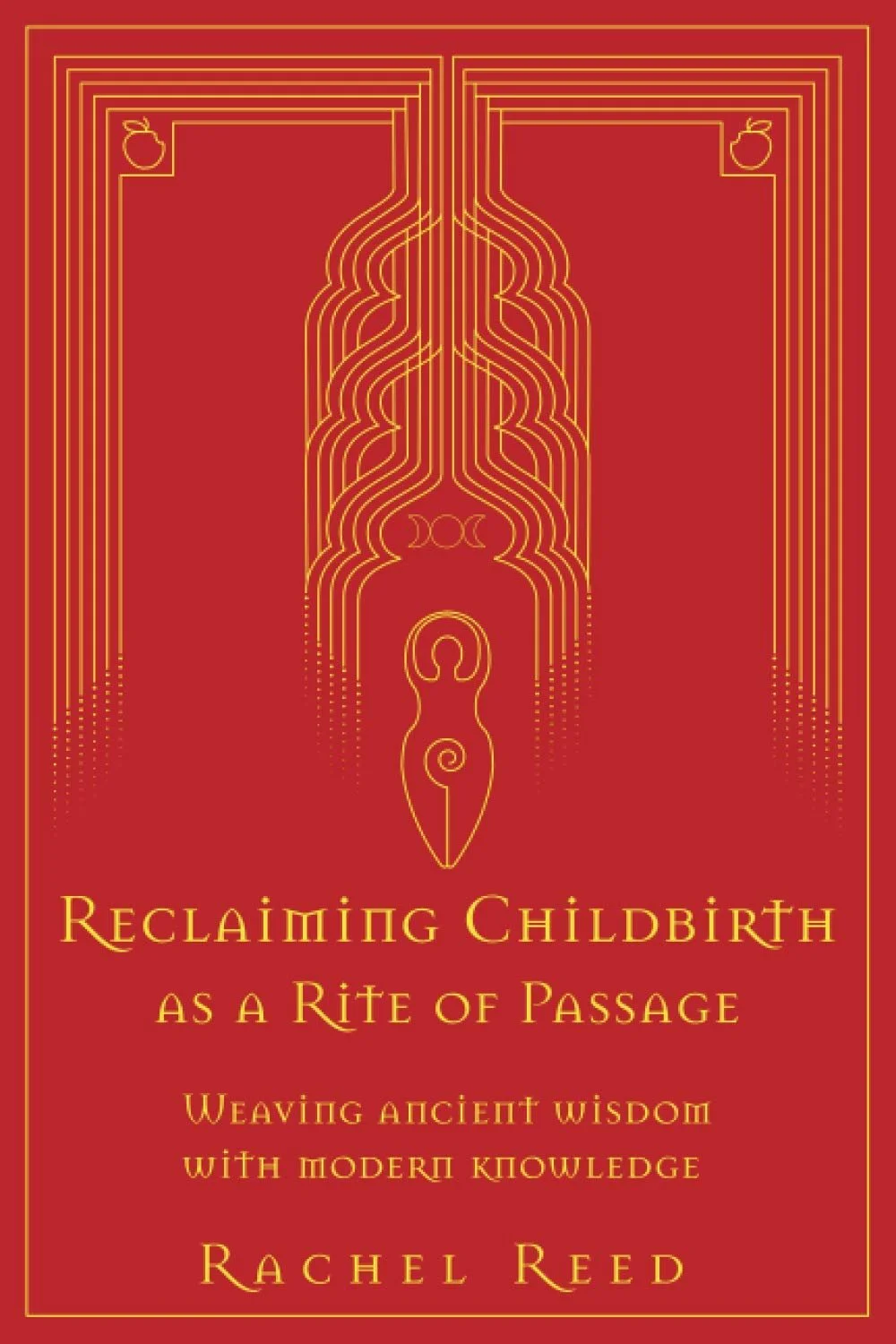Potassium Consumption in Pregnancy
Ensuring adequate potassium intake during pregnancy is essential for maintaining proper fluid balance, nerve function, and muscle contractions. The recommended daily allowance (RDA) for potassium during pregnancy is approximately 4,700 mg.
Folate and Women’s Health
Folate is also known as folacin and vitamin B9. This vitamin is responsible for many biological processes. It forms DNA and RNA, is involved in protein breakdown, and is essential for the breakdown of homocysteine. Without folate, we could not form healthy red blood cells. Folate is probably most known for proper development of the neural tube, which results in the brain and spinal cord. You may have heard that taking folate, or the synthetic form, folic acid, helps prevent birth defects like spina bifida.
Vitamin D Levels in Pregnancy and Lactation
How much Vitamin D do mothers need for the best health outcomes? This can be a difficult question to answer. You will find different recommendations concerning dosage and how to achieve the right blood levels through sunlight exposure, foods, and/or supplementation. In this article, my goal is to give information based on research so that you can make the best decision for you and your pregnancy and breastfeeding journey.
The Holistic Midwife’s Guide to Home Birth: A Childbirth Education Course
We are so excited to announce that North Texas Midwifery is now offering The Holistic Midwife’s Guide to Home Birth course to all of our clients!
Sabbatical Thoughts from Midwife Bethany
It is just a few days until I am back on call welcoming 2024 babies. I am reflecting on the time I have spent on sabbatical while also looking forward to what it will be like to step back in to midwife life in just a few days. I enjoy this in between of days because I am refreshed while being full of creativity and problem solving skills. Right now, I am re-organizing my birth bag, stocking and ordering all the supplies, packing birth pools, creating some new systems for myself to stay organized, and also doing some bookkeeping. It is the best feeling to begin the new year with order and to do list with everything completed!
2024 New Practice Policies Announcement
I know these are not the fun things to read where you get all the feels, but I promise these are the things that allow our team to keep giving you ALL THE FEELS at your dream home births! Work/life balance and boundaries are pivotal in this work, and I want to make sure people know about these new changes as they consider using North Texas Midwifery. When we are on call for you, our focus is on you … before, during, and after your birth until your care is complete at 6-12 weeks postpartum. Please understand that the small changes listed below will make a huge difference in our ability to do this important work for many years to come.
Announcement: We Are Switching Phone Numbers!
No more personal cell numbers! North Texas Midwifery now has a specific phone number for all labor and emergency calls.
The Infamous Adrenal Cocktail: When, Why, and How
The adrenal cocktail, also known as the cortisol mocktail, is one of the best, and easiest, ways to intake minerals to reduce depletion resulting from our modern lives.
Partnership in Midwifery Care
For a physiological birth to occur, hormone levels must be very high to cause adequate strong contractions. These high levels of hormones are only produced when the mother feels safe and secure and in a private place. The pelvis must also be mobile so that the baby can move through the pelvis and open the cervix. The mother must also be able to mentally relax and release to allow her body to achieve the birth. Through attending hundreds of births, Midwife Bethany has found that our sedentary lifestyles and lack of mental preparation can easily result in very long labors where the mother is unable to relax and move her baby through her pelvis, dilate, and push her baby out.
Protein in Grams Cheat Sheet
Protein is the essential ingredient in creating new tissue. Protein helps build a pregnant woman’s developing uterus and breast tissue and builds her blood supply which brings oxygen and nutrients to her baby.
Your goal is 80-100 grams of protein per day, 3000 calories, half your bodyweight in ounces of water, and salt to taste! If you are having twins, add an additional 30 grams of protein and 500 calories per day.
Snack Ideas for Pregnancy and Postpartum
Snacks can help you eat slightly less at meals (preventing a spike in blood sugar, heartburn, and indigestion), and also prevent you from getting too hungry betweel meals, which can often help keep junk food cravings at bay. As always, use mindful eating to decide when and how much to have at your snacks.” - Real Food for Pregnancy by Lily Nichols
Snacks are a fabulous way to help meet your protein and calorie intake goals! Aim for 80 grams of protein in the first and second trimester of pregnancy and 100 grams in the third trimester. 2500 calories during pregnancy and 3000 calories postpartum when breastfeeding are usually required to fuel all metabolic functions and growth of baby inside, and outside, of the womb!
The Importance of Protein During Pregnancy
“Of note, 40% of 2nd trimester mothers + 67% of 3rd trimester mothers fell below optimal intake levels, averaging ~82 g protein/day. Optimal intake would be a minimum of ~100g/day (more if you’re a larger person or very active). The researchers note that “pregnant women were more likely to meet the trimester-specific protein RDA as their percent protein intake from animal sources increased.” In fact, ⅔ of protein intake was met by animal foods. As I always point out, protein-rich foods are also naturally high in many micronutrients required in higher amounts during pregnancy (B12, choline, zinc, iron, etc.). When you meet your protein needs, you’re also likely to meet vitamin and mineral needs from food as well. Plus increasing protein vastly improves glycemic response (key for gestational diabetes management).” -Lily Nichols, RD
Ketosis, Intermittent Fasting, and Nutrition in Pregnancy
Both ketosis and intermittent fasting during pregnancy raise concerns because they can potentially impact the nutritional status and well-being of both the mother and the developing fetus.



















